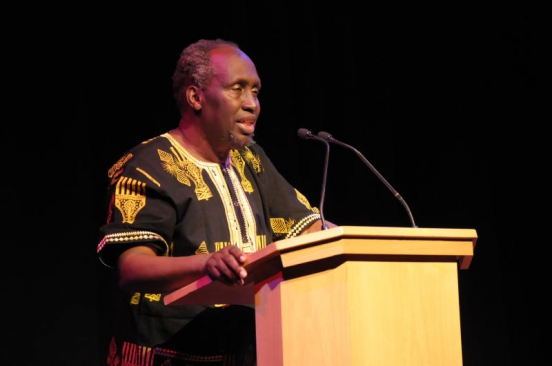
I began to write books in my second year of college, at 22, ignoring sneers from my fellow students and skepticism from most professors. Bethuel Kiplagat and Joe Mutiga were the exceptions among students, and Hugh Dinwiddy and David Cook, among the teachers. But Wanjik?, my peasant mother, had taught me never to accept limitations; whatever I achieved, she always wanted to know if it was the best that I could have done.
Although Weep Not, Child was my first novel to be published, it was actually the second after The River Between which I had conceived under the title The Black Messiah. But the two were connected. Initially I had wanted to base a novel on life under the State Of Emergency, but somehow nothing would form in my mind. Instead what stole into my mind was the story of the earlier phase of Kenya history when white settlers occupied our lands, and white missionaries, harvested our souls.